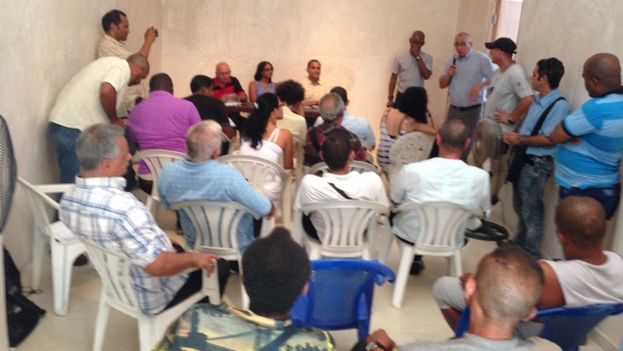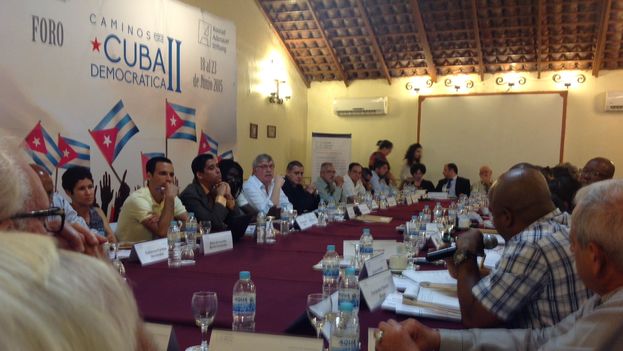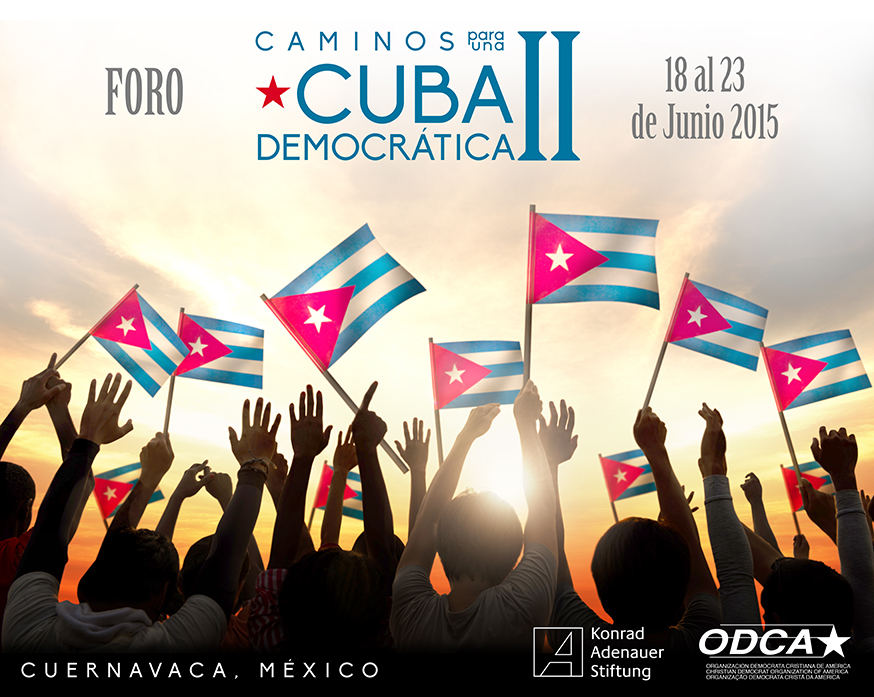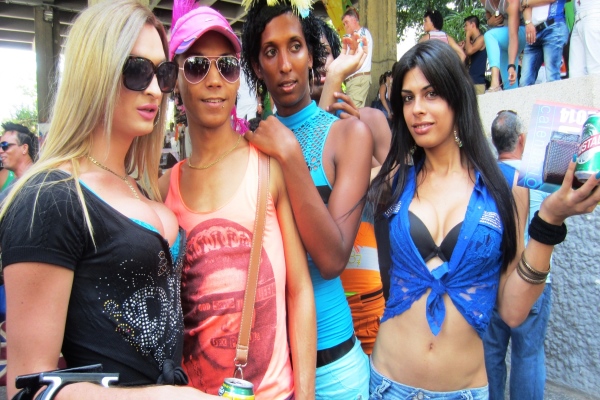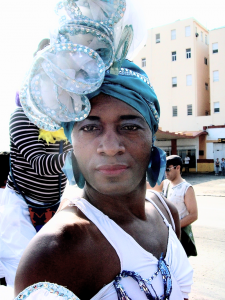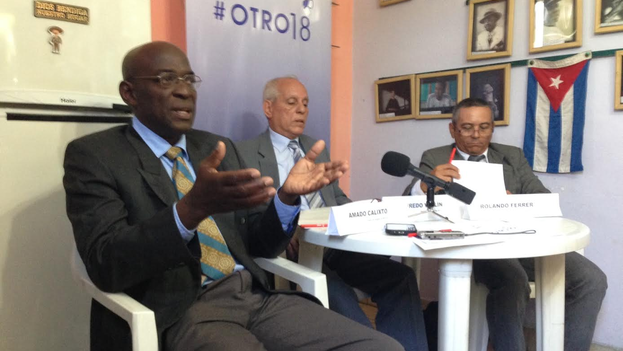
![]() 14ymedio, Havana, 9 March 2016 – On Wednesday, the Civic Platform #Otro18 (Another 2018) held a press conference and its first forum in the Vedado neighborhood of Havana under the theme “For Freedom of Choice” with twenty people in attendance. The initiative promotes several proposals to influence the elections in 2018 for a democratic opening in the country.
14ymedio, Havana, 9 March 2016 – On Wednesday, the Civic Platform #Otro18 (Another 2018) held a press conference and its first forum in the Vedado neighborhood of Havana under the theme “For Freedom of Choice” with twenty people in attendance. The initiative promotes several proposals to influence the elections in 2018 for a democratic opening in the country.
Several independent media and foreign correspondents based on the island attended the forum from 9:35 in the morning, to the press conference organized at the home of activist Juan Antonio Madrazo Luna, coordinator of the Citizens Committee for Racial Integration. The activist Boris González Arena presented the initiative and gave the floor to lawyers Amado Calixto, Wilfredo Vallin and Rolando Ferrer, who explained the legal details on which the project is based. continue reading
The meeting with journalists went smoothly and without a visible police operation around the site. The managers of the initiative showed a copy of the proposals presented last 8 March in the National Assembly of People’s Power which was received and acknowledged by the authorities.
The organizers explained that, so far, the intiative’s management group is made up of the Patriotic Union of Cuba (UNPACU), Independent and Democratic Cuba (CID), United Antitotalitarian Forum (FANTU), the Roundtable of the Cuban Youth (MDJC), the Progressive Arc Party, the Citizens Committee for Racial Integration, the Center for Support of the Transition, and the Cuban Law Association. The Forum says that it is open to the “incorporation of other civil society organizations and independent actors.”
Among its proposals are: the elimination of current Candidacy Commissions and the Nomination Assemblies (both controlled by the ruling Party); recognition of the right of any citizen to stand as a candidate; and restoration of the election of the president of the Republic by popular vote and secret ballot for a term of four years.
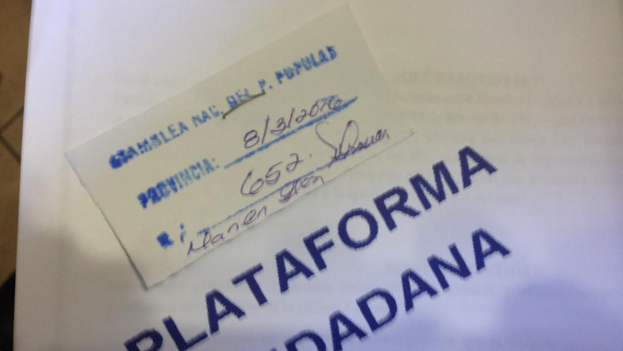
When asked how they take the accusation made by other sectors of the opposition that the electoral alternative “plays into the hands of the dictatorship,” Amado Calixto suggested reviewing the process of “the Spanish transition, which ended a dictatorship through existing law.” Ferrer, meanwhile, explained that now came a phase of work of building “awareness and popular mobilization to gather support and pressure the government to make the proposed reforms.”
After the press conference, the forum, currently still in session, began with presentations and including Citizenship Revisted: The Plural Vote by Manuel Cuesta Morua; Citizen Mobilization, by Rolando Ferrer; and Election Observation: A Civil Society Monitoring Tool, by Madrazo Luna.
During the day on Tuesday, several dissidents were detained to prevent them attending the #Otro18 Forum. Jose Daniel Ferrer, leader of the Patriotic Union of Cuba, still remains missing after being arrested Tuesday by police in the Cuban capital.
Other members of the opposition were prevented from leaving their province to attend the event, as in the case with Suleidis Perez Velazquez and Pedro Pablo Serafin Reyna, members of Independent and Democratic Cuba.

